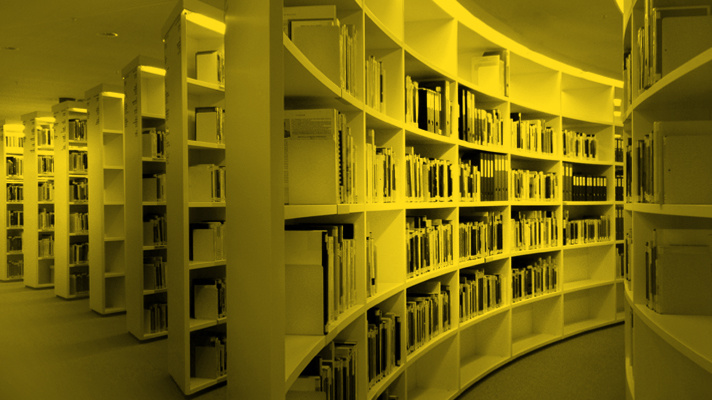
Documentation of this project
Preservation and Transmission of Africa's Collective Memory. African Testimonies and Oral Literature in Early Colonial History, taking Cameroon as an example
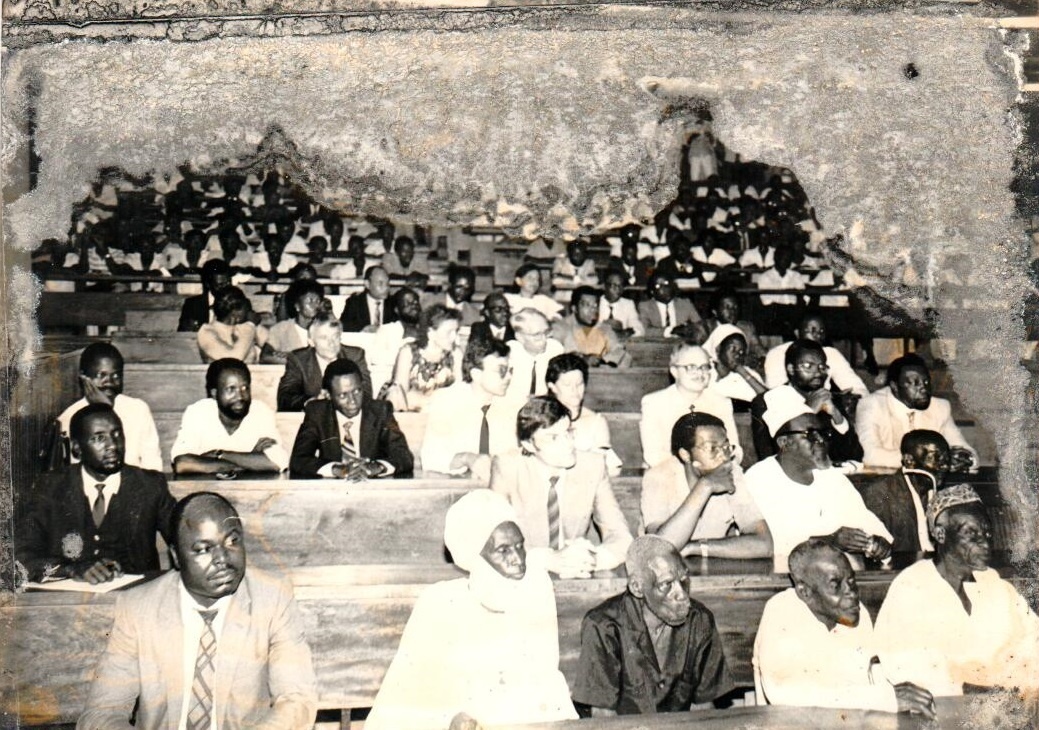
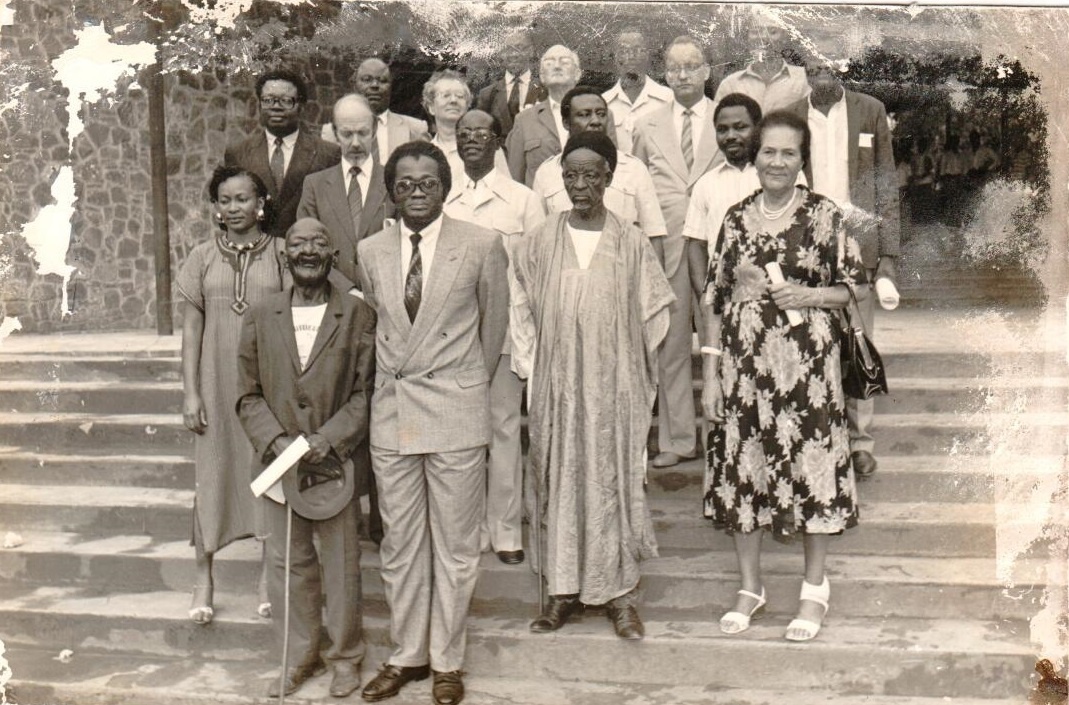
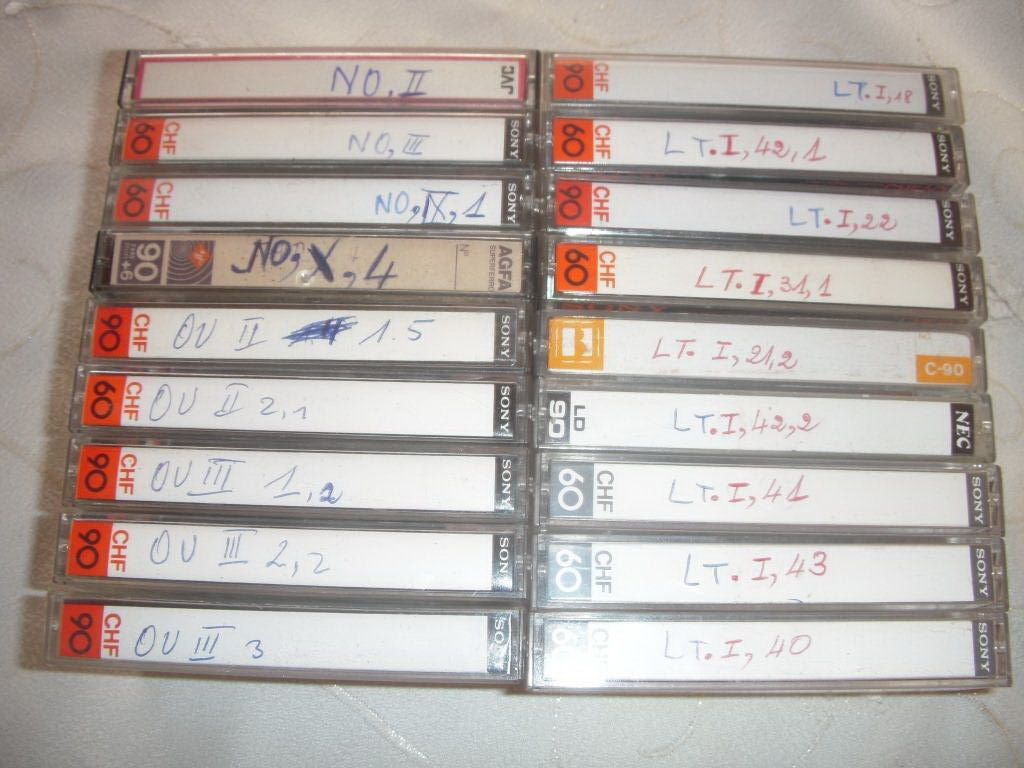
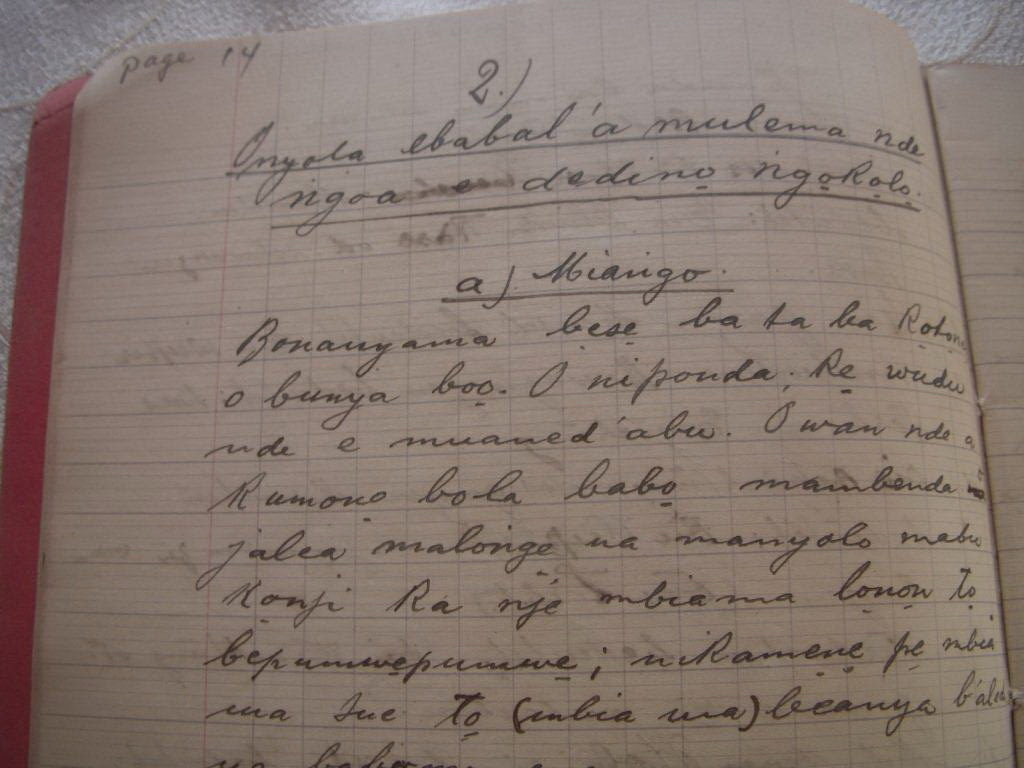
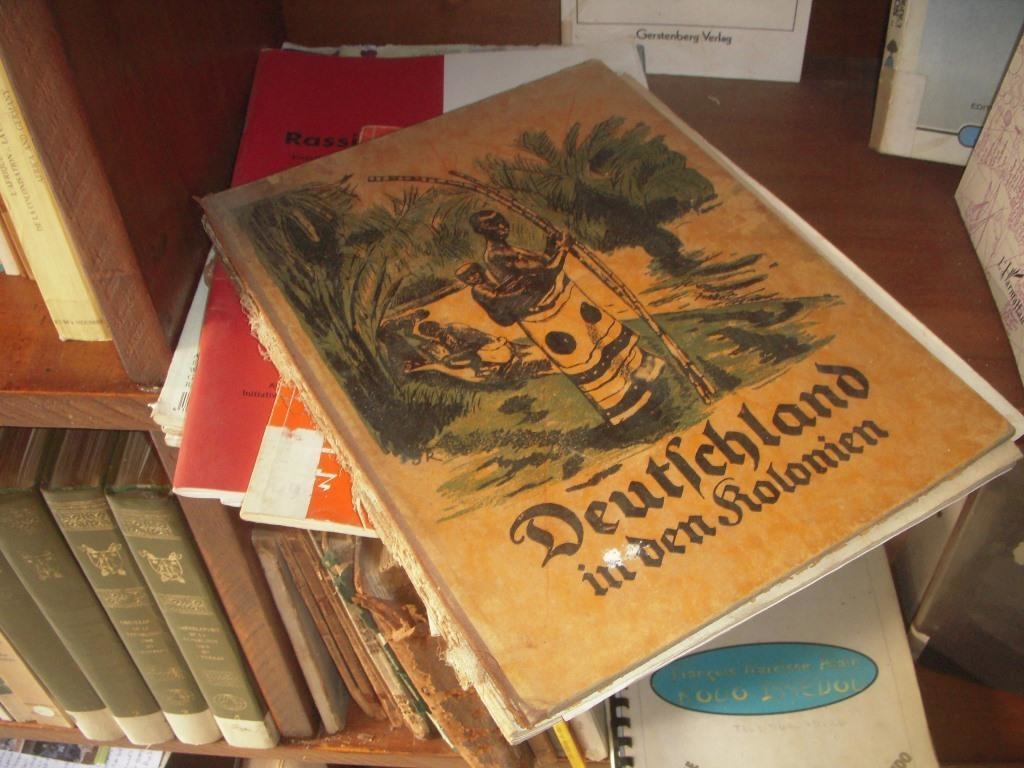
Between the Berlin Conference of 1884-85 and 1916 Cameroon, located in central Africa, was a colony of the German Empire and, after the First World War, was divided up between France and Great Britain under a mandate of the League of Nations. The French part gained independence in 1960 and proclaimed what is today the state of Cameroon. There was a referendum in the area under British administration in 1961, as a result of which the northern part joined up with Nigeria and the southern with Cameroon. Cameroon’s official languages are English and French, in addition to which around 240 African languages are spoken in the country. One major problem not only for African and international researchers, but also for the African culture of memory is that as a rule its point of reference is archived sources and literature written since the beginning of the colonial period by representatives of the relevant European nations in European languages. The perspective of the African protagonists is missing in this documentation of a crucial era in African history and even since independence few efforts have been made to bridge this gap. Accordingly, original African sources on slavery and colonization in African languages are almost unknown.
From 1980 until 1986 a group of scholars from the University of Yaoundé headed by Prof. Prince Kum’a Ndumbe III visited all ten regions of Cameroon and tracked down the women and men who had experienced the birth of modern Cameroon at the time when it was colonized by the German Empire. The scholars conducted 176 interviews both with the extremely elderly contemporary witnesses and with their direct descendants. The results of this research project, “Recollections of the German Period in Cameroon”, were presented at an international congress marking the 100th anniversary of the colonization of Cameroon and held in Yaoundé in April 1985. The event was attended by scholars from 15 African and European countries, the ambassadors of both West and East Germany and by a number of the contemporary witnesses interviewed for the project.
Since then, the collection comprising more than 100 interviews in different Cameroonian languages has been stored on the premises of Fondation AfricAvenir International in Douala. But due to a lack of funding for the safe storage of the audiocassettes and for the digitization of the material in question, there was a threat of the voices of old Cameroonians being lost. As part of a research project headed by Prof. Prince Kum’a Ndumbe III the cassettes are now being digitized in cooperation with the Austrian Academy of Sciences’ Phonogrammarchiv in Vienna. Staff in Douala are in charge of transcribing the interviews and translating them into German, English and French. The sources lodged with Fondation AfricAvenir International also include a collection of manuscripts dating from between 1920 and 1930 and containing texts on politics, religion and culture in Cameroonian languages plus a body of 300 rare books by European authors dating from the years 1848 to 1944. These sources, unique to Cameroon and stored in the Cheikh Anta Diop Library in Douala, are currently under threat from damp and decay. The objective is to restore and digitize this extensive inventory of audio interviews, manuscripts and books and to make it available for research. As part of the research project, four Cameroonian doctoral students have already embarked on assessing the various parts of the source material for their dissertation projects on the different areas of Cameroonian history and legal history. This group of Cameroonian researchers is cooperating with Africa scholars in Germany, France and Austria. Moreover, there are plans afoot to establish a network with representatives of similar projects in other African states, thus contributing to raising awareness of the African perspective on the history of their own continent, both in the public domain and within local and international communities of scholars.
Funding measures
The Gerda Henkel Foundation supports the research project in the form of a grant to cover personnel, travel and material costs.
Project head
Prof. Dr. Dr. Prince Kum’a Ndumbe III,
Fondation AfricAvenir International, Douala
Documentation: March 2016.

